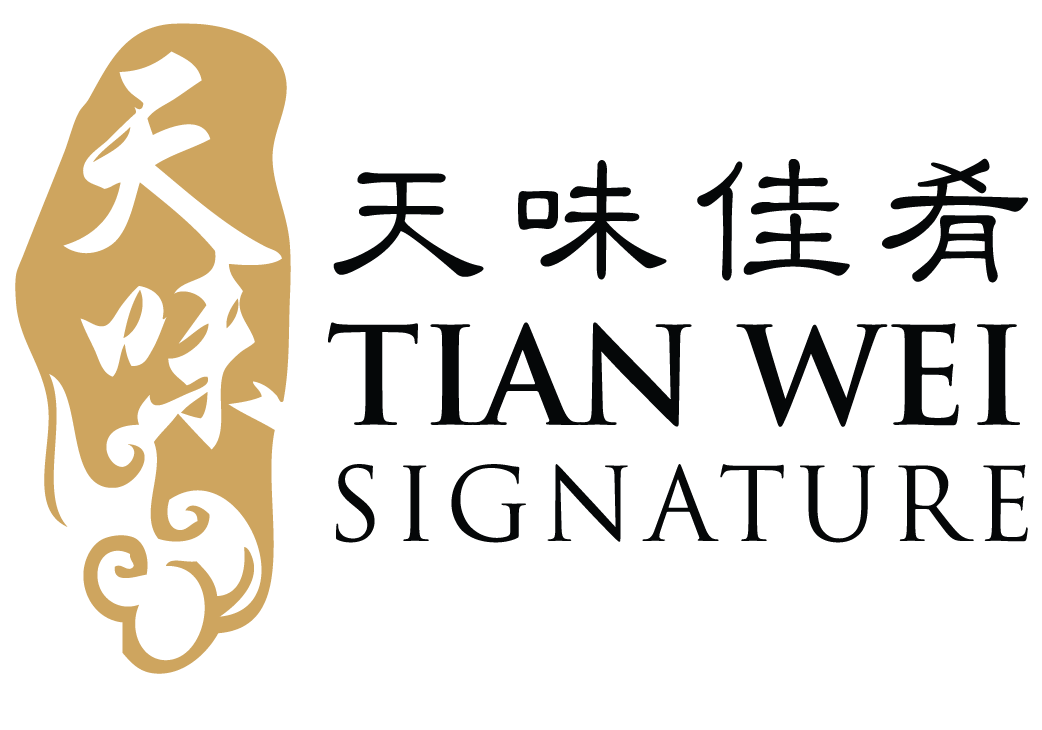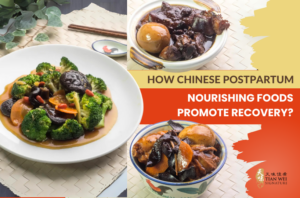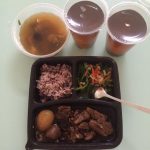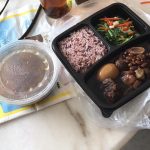81 Tagore Lane, TAG A, #01-11 Singapore 787502 ♦ Reservation : +65 6727 5599
Dietitian Shares: Optimising Gut Health Through Your Diet to Support Postpartum Recovery
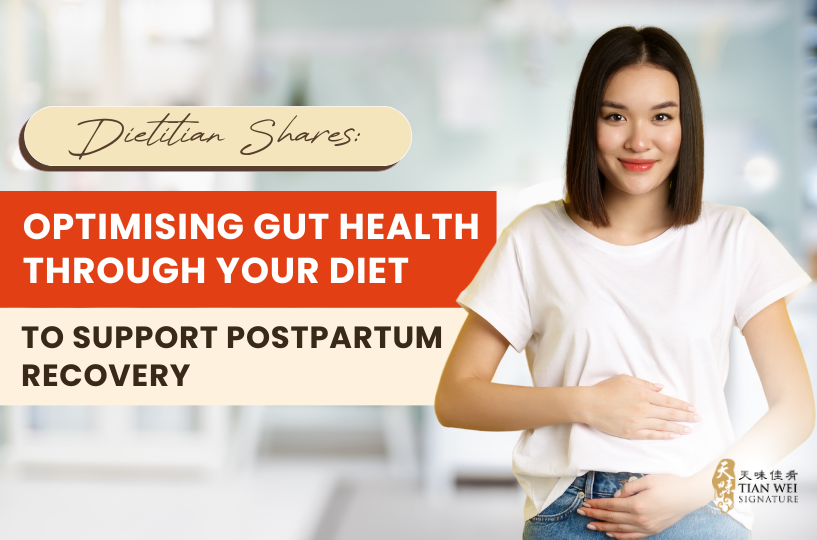
Gut health is a relatively new topic of discussion these days. There has been growing interest in the gut and how the condition would impact our well-being and immune system. Dr Megan Rossi, one of the leading experts in gut health and a dietitian has uncovered how the health of the gut is linked with our mental well-being, immune system, skin condition and even weight maintenance! Today, we know that the impact of gut health is beyond achieving regular bowel movements to avoid constipation. It includes achieving happiness, not falling sick so easily and reaching a happy weight.
Did you know that a study on 600,000 people, found that people who ate a more varied diet full of plants had a 40% lower risk of becoming severely ill when contracting covid-19? It really shows how impactful the diet is on our overall well-being.
Thus, one of the main ways to improve your gut microbiome diversity and health is not only by having adequate plant-based food intake, but also a diet that has varied plant-based food throughout the week. There are 40 trillion microbes living in our gut and each type of bacteria strain likes different types of plant food. Each and every microbe performs a different job. Therefore, the more diverse plant food we eat, the more diverse they become in our guts and able to perform different “skills” that are beneficial to our health.
Similarly, when we look at optimising the postpartum diet or food for confinement for gut health, it needs adequate plant food intake and a wide variety of it so that mothers do not fall sick so easily and reduce their risk of developing depression during postpartum.
30 Plant Points
A key study found that people who ate 30 different plant-based foods a week had a more diverse gut microbiome than those who had less than 10. This helped us understand the importance of variety and a target we could apply practically to be able to see and experience a difference in our gut health.
Firstly, what is considered a plant point?
- Points are given for each variety of plant. So if you eat two red capsicums it is considered as only one point.
- Different-coloured fruits and vegetables (such as one green capsicum and one red capsicum) will be counted as two plant points.
- Olive oil, tea, coffee, garlic, onion or herbs and spices are counted as ¼ points.
- Refined plants such as fruit and vegetable juice or white grains, etc. will not count as a point. So stick with whole foods.
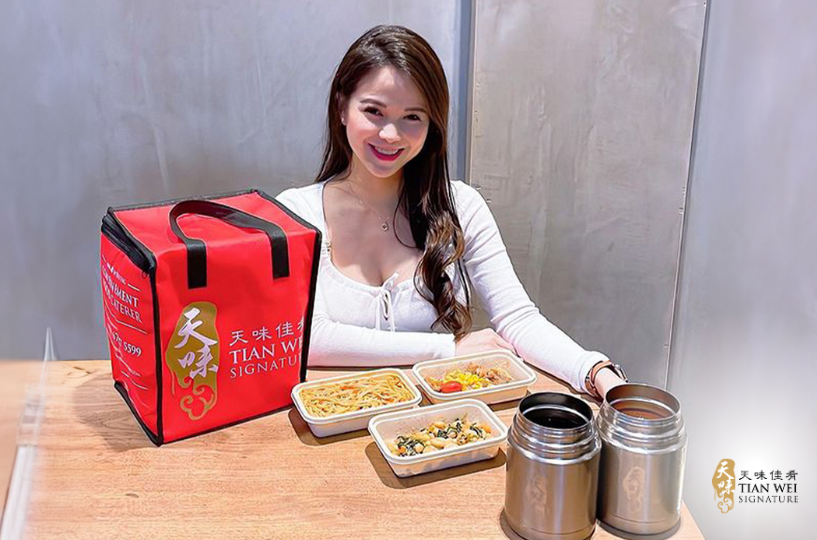
In general, there are 6 different plant-based food groups that should be incorporated into our diet regularly. Thus, the 30 plant points can be accumulated from:
- Fruits
- Vegetables
- Wholegrains
- Legumes
- Nuts
- Seeds
Fruits and Vegetables
Singapore Health Promotion Board recommends the intake of at least 2 servings of vegetables and 2 servings of fruits daily for adequate fibre intake. Beyond fibre, it provides various minerals and vitamins that are essential for the healthy functioning of the human body and better recovery. Different colours and types of vegetables and fruits provide different polyphenols for different microbiomes in the gut.
| Vegetables | Kailan, Spinach, Carrots, Tomato, Cabbage, Eggplants, Long Beans, Enoki Mushrooms, Broccoli, Sweet Potato, Pumpkin, etc |
| Fruits | Red Apple, Green Apple, Orange, Grapes, Blueberries, Papaya, Bananas, Pears, Dragon Fruit, Persimmon, etc |
Wholegrains
It is often advocated for those with diabetes due to the lower glycemic index. The truth is, wholegrains are great for those without diabetes too. There is a higher content of fiber and polyphenols in grains which is beneficial for bacteria to grow.
| Wholegrains | Brown Rice, Red Rice, Black Rice, Quinoa, Oats, Barley, Whole Grain Bread, etc |
Legumes
Legumes are not only a great source of fibre, but some of them are also a great source of plant-based proteins. It is great to include these plant-based proteins in your diet from time to time even if you’re not a vegetarian. The fibre in legumes and beans provides prebiotic functions for the gut.
| Legumes | Chickpeas, Kidney Beans, Edamame, Soybeans, Lentils, Cannellini Beans, Adzuki Beans, etc |
Nuts and Seeds
Nuts and seeds are great sources of polyunsaturated fats that are anti-inflammatory. Nuts such as almonds and seeds such as sunflower seeds are rich in Vitamin E which plays a role for healthy skin. A handful of this for a snack during tea time or mixed with your cereal for breakfast will help to give a boost in intake of the variety of plant foods that you eat throughout the week.
| Nuts | Almonds, Cashew, Hazelnuts, Walnuts, Pistachio, Groundnuts, Peanuts, etc |
| Seeds | Sunflower Seeds, Pumpkin Seeds, Hemp Seeds, Flaxseeds, Chia Seeds, etc |
Summary
We are not suggesting people become vegetarian, but rather that more mothers should incorporate more plant foods around their current lean protein sources like fish, chicken, pork or meat. Different people will decide differently on how they will want to go through confinement.
Some mothers may plan to cook confinement meals themselves ahead of time with friends and family while others may reach out to confinement food delivery service provided during this time.
Regardless of what you choose, plan or look out for different colours of fruits, vegetables, whole grains, legumes, nuts and seeds in the confinement foods. Think about what plant foods you can add to the confinement meal that you are having to increase the variety of plant foods you enjoy throughout the month.
